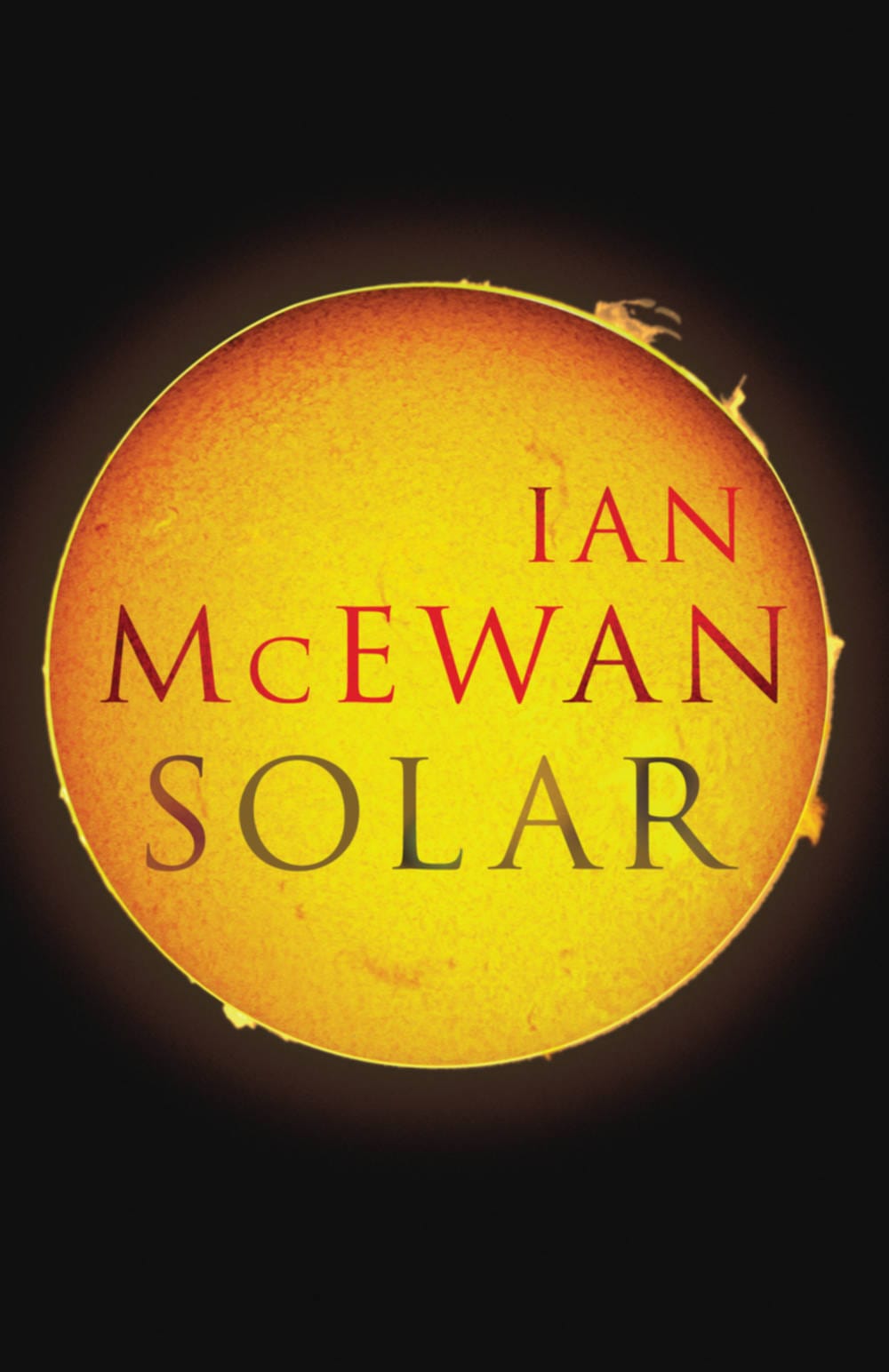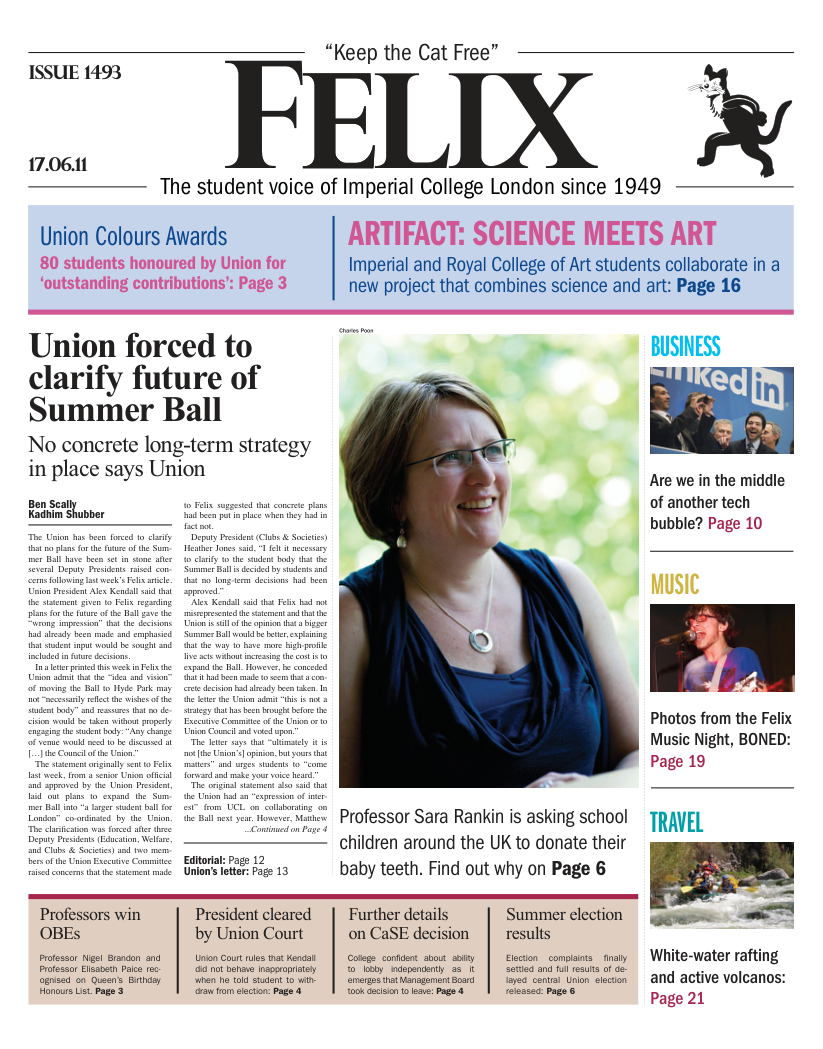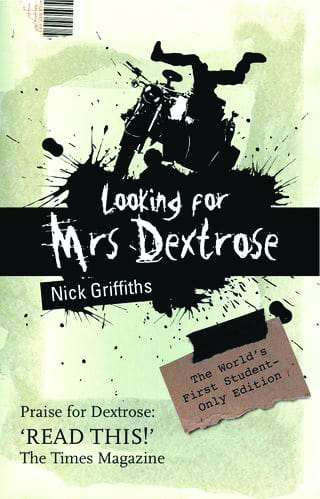The misadventures of a Nobel physicist
Ian McEwan’s foray into comic satire

Ian McEwan’s latest book, Solar, is probably the lightest piece he’s written to date. It is a departure from the serious, dark tones characteristic in most of the work that McEwan is renowned for (such as Atonement, Amsterdam and First Love, Last Rites). Solar is a satirical fiction that follows the life of Nobel laureate physicist Michael Beard and satires the current effort in tackling climate change.
The novel opens in 2000 with Michael Beard in his fifties. Though one of the most respected physicist in Britain, Michael Beard is disillusioned with his job as the ‘mascot’ of the National Centre for Renewable Energy. A hallmark of mid-life crisis, Beard finds that his well of inspiration has dried up since coming up with the Beard-Einstein conflation which propelled him to fame and won him the Nobel. His personal life is tumultuous; after cheating on his fifth wife Patricia, he is at the butt end of her recrimination as she starts on an affair with Tarpin the builder, a violent simpleton who is the complete opposite of the intellectual and weak Michael Beard. His wife’s affair makes him more drawn to her, as he begins to realize that Patricia is his perfect lover. Depressed and jaded, he decides to take up an offer to go on an Arctic expedition with a motley bunch of artists to discuss environmental concerns. Upon his return, an accident triggers a chain of events in which the truth is ironic and misunderstood in a very McEwanesque way.
It is nice to see Ian McEwan foray into comic satire. He is an author whose writing style would fit snugly into the genre: his cynical tone is perfect for satire and his dark, no-punch-held humour makes for a lot of literally laugh out loud moments. Some of the best laughs are in the first half of the book, especially during the Arctic expedition. As usual, Ian McEwan brilliantly sets the stage for the pivotal accident in a manner which will sweep you off your feet when you reach it and ensure that you will not see coming.
Unlike Ian McEwan’s Booker-winning Amsterdam, Solar felt less well researched. Whereas in Amsterdam, McEwan gets into the head of a composer and the nitty-gritty of composing music in a way that engages even the music-illiterate readers, McEwan delved less into the physics behind Michael Beard’s field (perhaps not to bore readers), save for the Beard-Einstein conflation. The maths behind the Beard-Einstein conflation is not described in detail, for obvious reasons. McEwan did however explored climate change with some depth and his description of Michael Beard’s experience in the Arctic felt exceedingly real. Ian McEwan himself spent some time with a group of scientists and artists abroad a ship near the north pole in 2005, which was the basis for inspiration for Solar
The other thing that lets down the book might be the plot. It may be a bit slow for some people, but once it gets off it’s a page-turner. There are though, some parts of the book that felt redundant, perhaps it’s a symptom of ‘lack of editor’ where a novelist became so famous that the publishing house dare not assign an editor to edit the work, thus resulting in a draggy plot (e.g. the last few Harry Potters).
Solar is an enjoyable read with unforgettable comic moments and sharp satire, but it is not Ian McEwan at his best.






